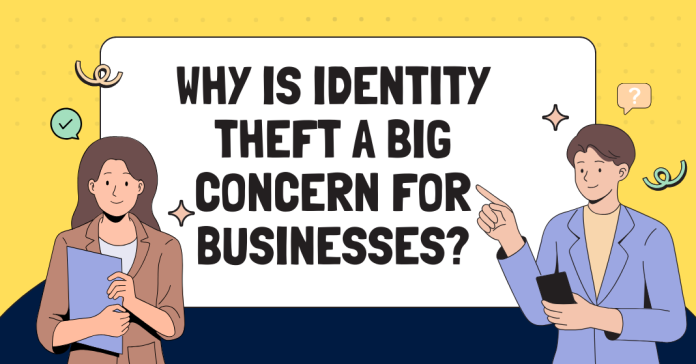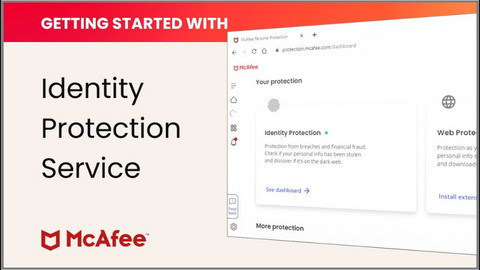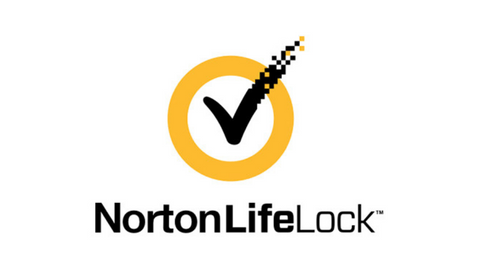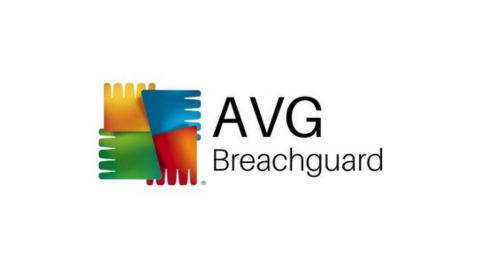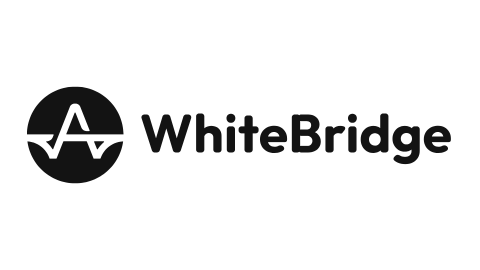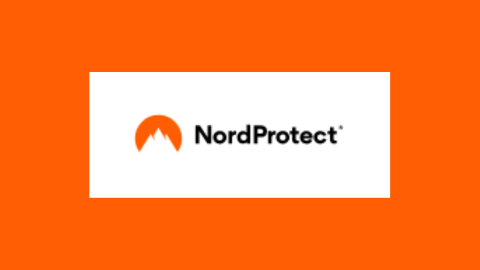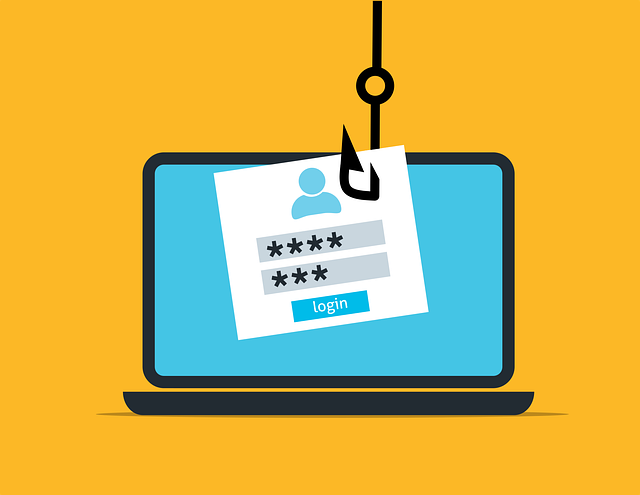This post answers the question – why is identity theft a big concern for businesses?
News titles nowadays seem to talk about one horrific fact after another. But amidst the pandemic, economical instability, and civil unrest titles, you’ll also discover some that are even more frightening – cybersecurity attacks.
Following attacks like the Colonial Pipeline incident, the world began to realize the reality of a world where cybersecurity gaps can have a ripple effect that extends globally. Speaking of Colonial Pipeline – the company was hit by a ransomware attack that blocked access to computers and data.
This resulted in one of the biggest gas crises in recent US history. Furthermore, the crisis could have been avoided if it hadn’t been fueled by rumours that spread like wildfire over the internet.
But that doesn’t mean all businesses are at risk, right? After all, why would hackers be interested in small companies?
If you think like that, you’re already on the losing side. Data shows small and medium-sized companies are usually easy targets for cybercriminals because they don’t invest much in security measures. As a result, many fall victim to ransomware, data breaches, and identity theft.
READ ALSO: OmniWatch Online Identity Protection Review
Table of Contents
Why Identity Theft is a Big Concern for Businesses: Key Risks and Considerations
| Risk Factor | Description | Impact on Businesses |
|---|---|---|
| Evolving Attack Methods | Deepfakes, synthetic identities, and AI-powered attacks make traditional defences less effective. | Increased vulnerability to data breaches and financial losses. |
| Remote Workforces | Remote employees create wider attack surfaces and potential security gaps. | Difficulty managing access controls and protecting sensitive data across dispersed locations. |
| Increased Data Collection | Businesses collect more customer data, increasing the potential target for attackers. | Regulatory breaches, reputational damage, and lawsuits if data is compromised. |
| Supply Chain Attacks | Targeting third-party vendors can provide access to a wider business network. | Disruptions, data breaches across the entire supply chain, and potential financial losses. |
| Ransomware | Targeting critical infrastructure and demanding high ransoms can cripple operations. | Business continuity disruptions, financial losses, and potential exposure of customer data. |
| Phishing Sophistication | Targeted phishing campaigns exploit human error and social engineering. | Employee credentials compromise, access to internal systems, and data breaches. |
| Regulations and Fines | Stricter data privacy regulations, such as GDPR and CCPA, increase pressure on businesses to protect their data. | Non-compliance fines, reputational damage, and operational disruptions. |
| Talent Shortage | Cybersecurity professionals with specialized skills are in high demand, making it challenging to find and retain top talent. | Increased vulnerability due to a lack of expertise and resources to manage evolving threats. |
Best Identity Protection Services
Examples Of Business Identity Theft
- Fraudulent use of a company’s financial information, such as credit card numbers, bank account details, or tax identification numbers, to make unauthorized purchases or transactions.
- Impersonation of a business entity to deceive customers, suppliers, or employees into providing sensitive information or making payments to fraudulent accounts.
- Unauthorized access to and misuse of confidential customer data, including personally identifiable information (PII) and payment card details, leading to potential financial loss and reputational damage.
- Counterfeit websites or phishing scams that mimic a legitimate business’s online presence trick customers into sharing sensitive information or making payments to fraudulent entities.
- Theft of intellectual property, including trade secrets, proprietary technology, or copyrighted materials, which can undermine a business’s competitive advantage and market position.
- Unauthorized access to business email accounts to carry out email fraud or initiate fraudulent wire transfers, impacting financial stability and customer trust.
- Hijacking a company’s social media accounts or online profiles to spread false information, damage reputation, or defraud customers.
- Employee impersonation or insider theft occurs when individuals within the organization exploit their access and knowledge to commit fraudulent activities or steal sensitive data.
- Manipulation or falsification of business records, financial statements, or contracts to deceive investors, creditors, or regulatory authorities.
- Utilizing a business’s identity to create fake businesses or front companies for illegal activities, such as money laundering or tax evasion.
Each of these situations is hard to recover from, but ID theft can be fatal for a business. Here’s why identity theft is a big concern for businesses:
READ ALSO: Identity Protection Guide
Loss Of Reputation
According to the fundamentals of identity theft, any piece of information is important. Cybercriminals are patient people who can wait in the shadows while building your business profile using the bits of information they manage to extract with each attack.
Once the profile is complete, it gives cybercriminals access to your business operations. This means they can:
- Open lines of credit in your business name
- Take customers you don’t know about and treat them badly (opens you up for a lawsuit)
- Launch state and federal tax disputes without your knowledge
- Hinder the payroll process
- Empty your accounts
All these actions, taken separately, are serious enough to bring your business to its knees. And, if you manage to stop any harmful actions, you’ll still lose your reputation in front of customers, business partners, and employees.
READ ALSO: How To Check If Someone Is Using Your Social Security Number
State And Federal Tax Disputes
The IRS is not very understanding when it comes to fraudulent tax returns. Plus, even if your business didn’t file such a claim, it takes time to prove it was an attack.
Meanwhile, your business and operations will be placed on the IRS’s red list, which means numerous controls, audits, and other time-consuming and unpleasant activities.
The primary reason cybercriminals target businesses in such situations is that businesses often make sensitive data, such as profit margins and revenues, easily accessible. This way, they don’t need much extra information to piece together a full profile that may fool even the IRS.
READ ALSO: 3 Things You Need To Know About Cloud Backup
Negative Credit Reports
A business’s credit score is important in its relationship with collaborators and partners. Whenever you look for an investment, they will check your credit report to see if you are a reliable and trustworthy partner.
However, if you fall victim to an attack, it can completely mess up your credit score if the criminals get hold of your bank accounts.
First of all, any money in those accounts will most likely be gone before you can even realize what’s happening.
Second, using your financial credentials, they can open new lines of credit or make unnecessary purchases that will damage your overall credit report.
How To Stay Safe From Identity Theft
The first step towards a safer cyber work environment (whether remote or in-office) is a solid security plan with several layers of protection. This begins with your devices and network and ultimately involves your employees.
The devices and network must be protected by strong passwords, two-factor authentication, and remote control options (in case the device is lost or stolen). Additionally, set up secure channels that employees can use to connect to the database or chat with each other when they are not in the office.
The employees need to be educated in the spirit of cybersecurity. Data shows that the human factor is usually the weakest link in the security chain. In most cases, employees are not intentionally acting in a certain way.
So if they are properly trained, they will know how to recognize a phishing attempt. They will also understand the importance of keeping well-maintained devices and having a strict password policy.
READ ALSO: Identity Protection Explained in Fewer than 140 Characters
Best Identity Protection Services
Wrap Up
Now, you should already be aware of why identity theft is a significant concern for businesses. The risks of living in a well-connected world are high, but there are also numerous benefits for businesses worldwide.
That’s why it’s essential to understand cybersecurity as a business and move forward with your plan for success.
INTERESTING POSTS
- 5 Certified Benefits of Identity Theft Protection
- 3 Things You Need To Know About Cloud Backup
- Using Artificial Intelligence To Keep Your Financial Data Safe [Infographics]
- 7 Business Credit Card Tips For Small Businesses
- Identity Theft Is Not A Joke, Jim [MUST READ Parody]
- How To Protect Your Online Identity
- Best VPNs For Hackers
- Best VPNs To Watch F1 Championship
- Online Privacy Explained: What It Is, Why It’s Important, and How to
About the Author:
Daniel Segun is the Founder and CEO of SecureBlitz Cybersecurity Media, with a background in Computer Science and Digital Marketing. When not writing, he's probably busy designing graphics or developing websites.


